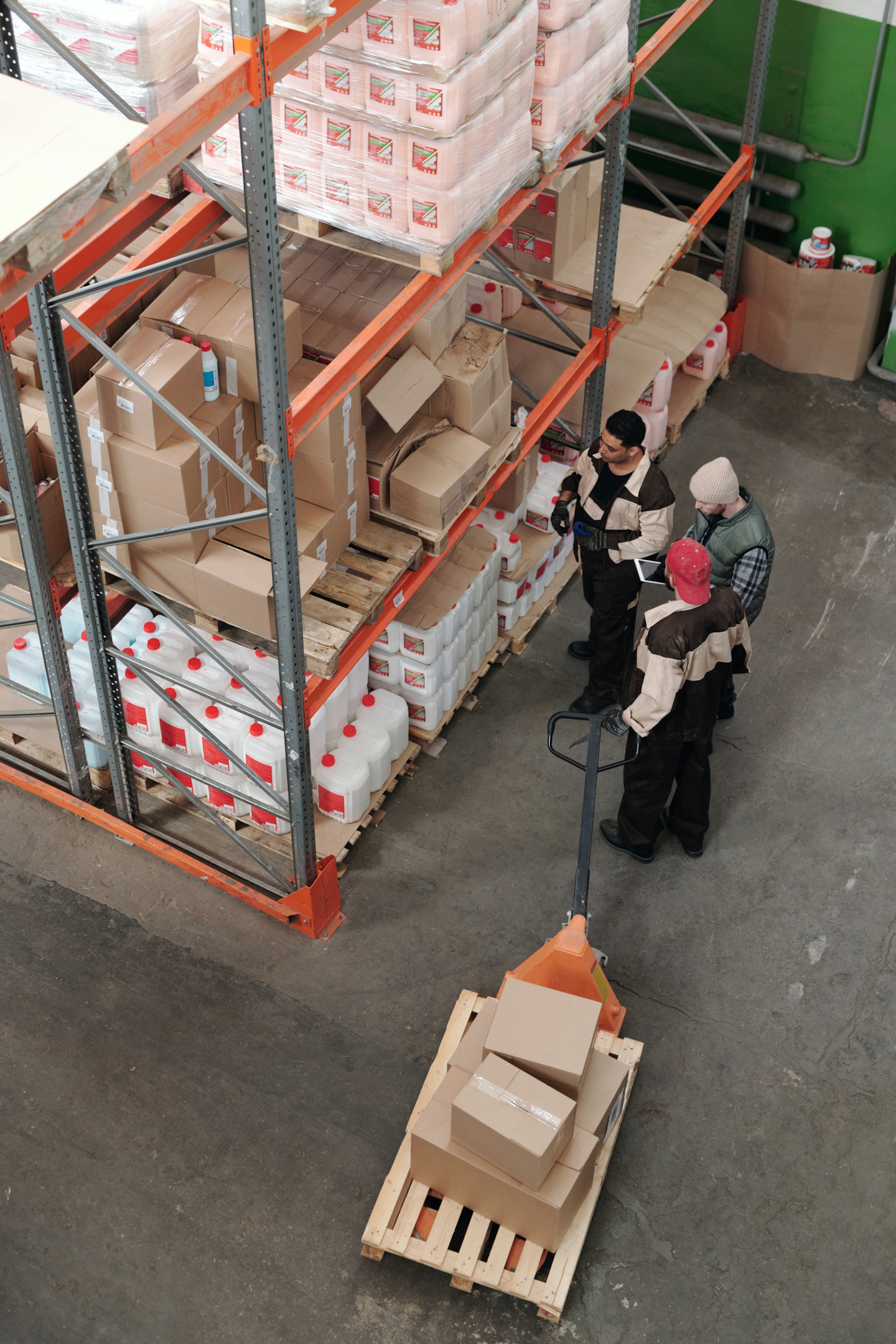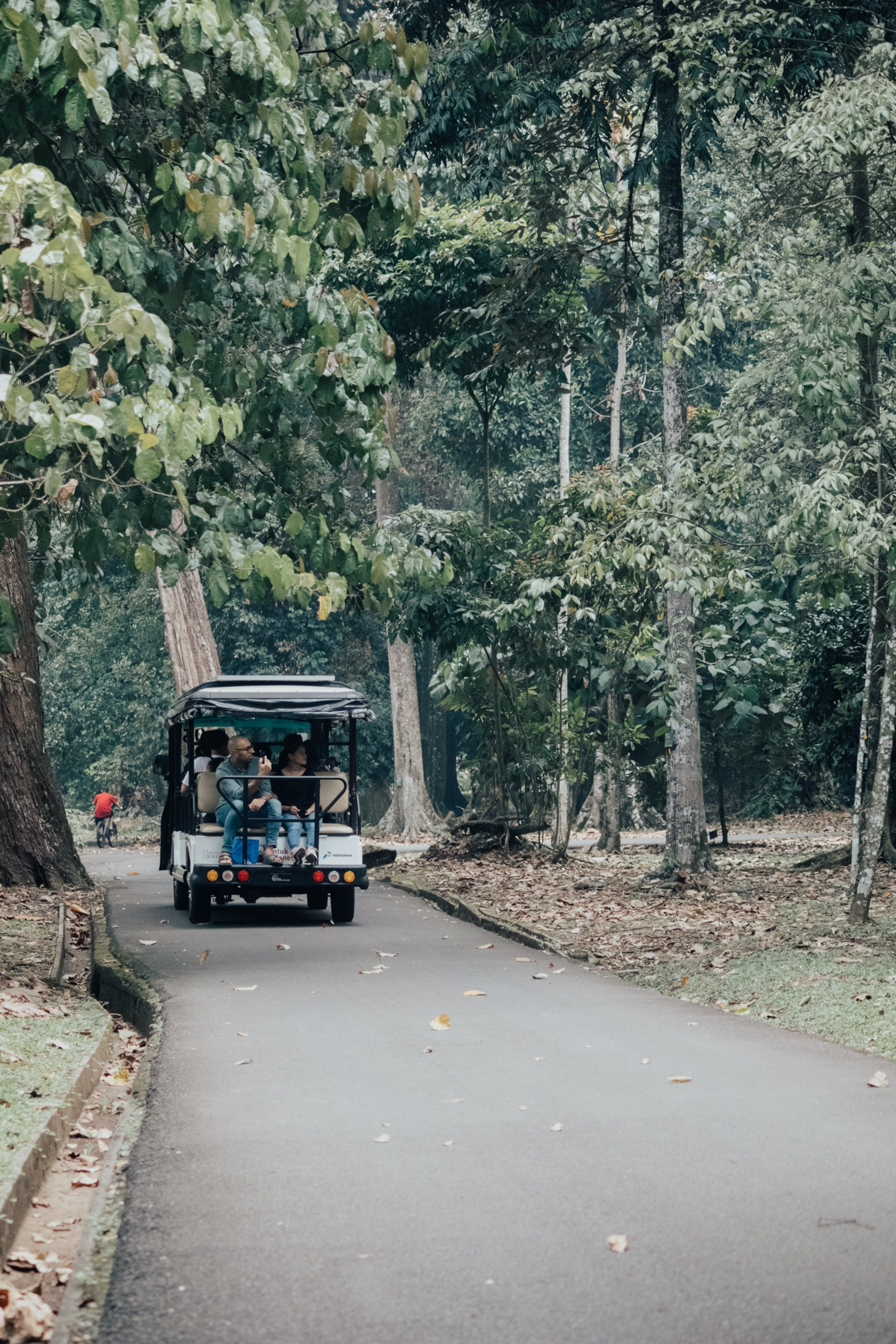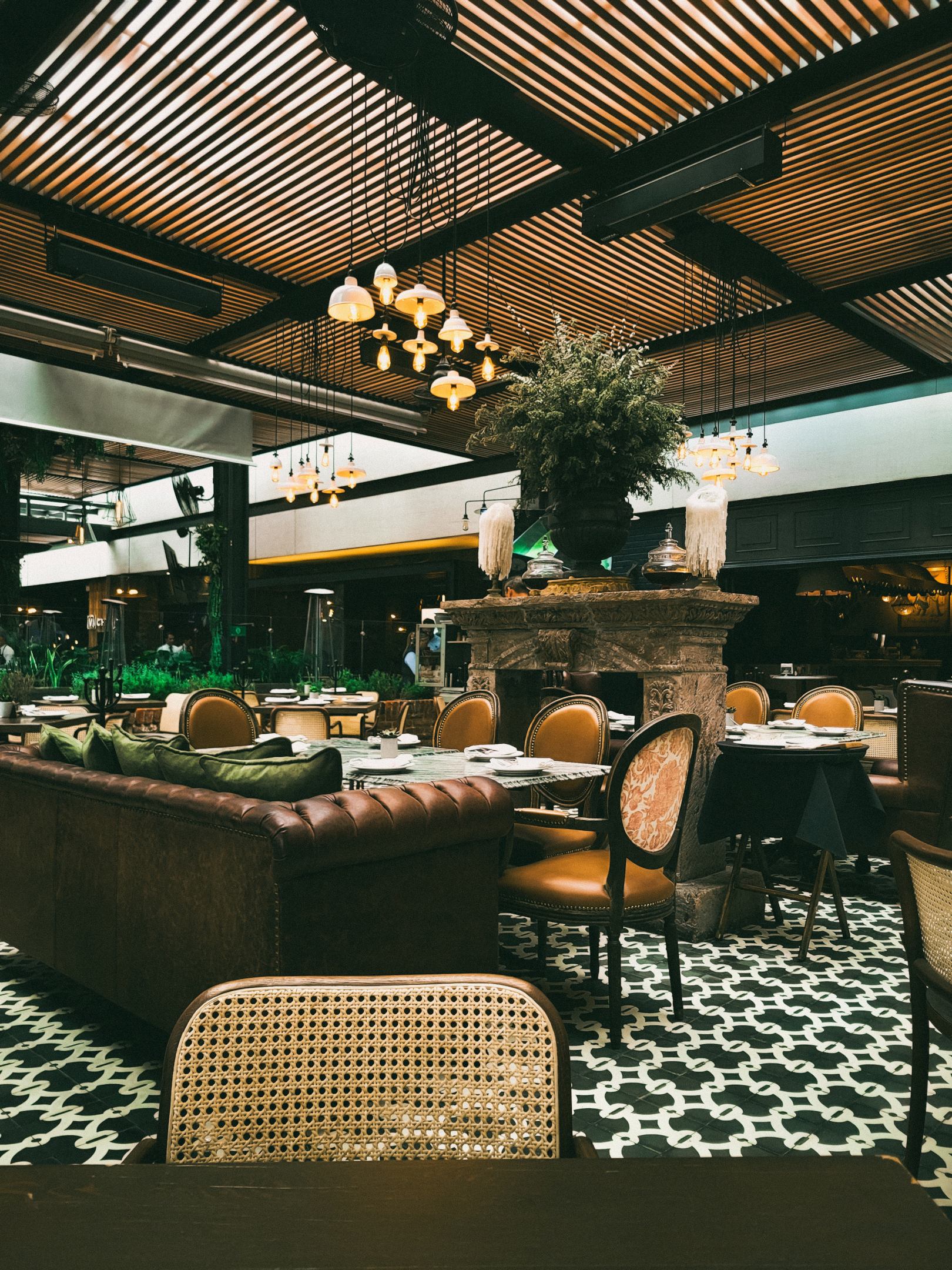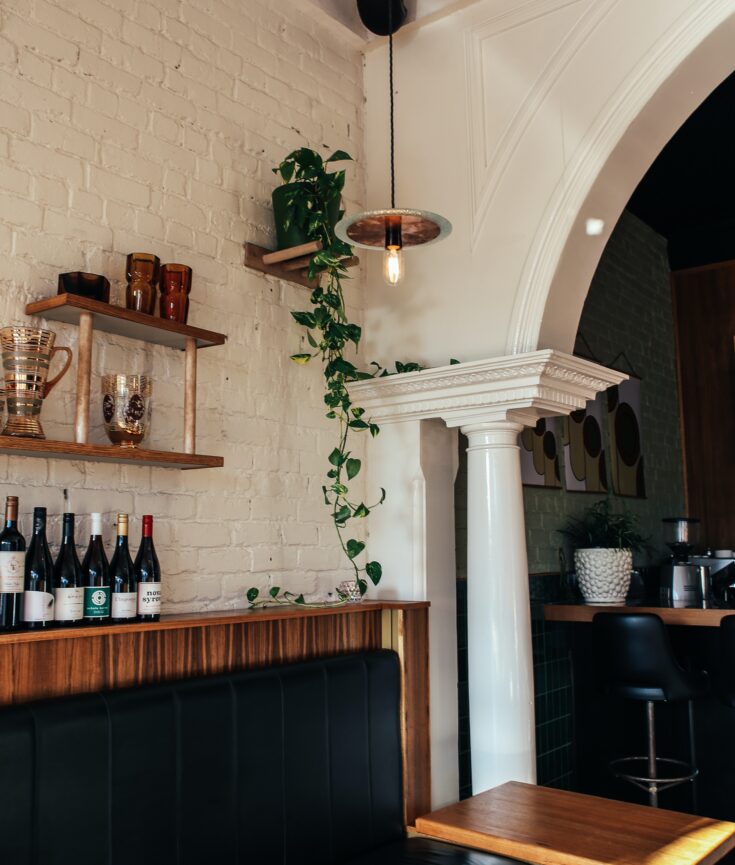The hospitality industry, a dynamic and ever-evolving sector, has witnessed remarkable transformations in recent years. As we step into 2023, the industry continues to adapt to changing consumer preferences key hospitality trends, technological advancements, and global events. Understanding the trends shaping the hospitality landscape is crucial for industry professionals and travelers alike.
In 2023, the hospitality industry is undergoing a transformation like never before. From the revival of wellness travel to embracing sustainable practices, the sector is adapting to meet the changing demands of travelers worldwide. In this article, we will explore the key trends shaping the hospitality industry this year and what the future holds for this dynamic sector.
Hospitality trends: Prominence of Wellness Travel
One of the most significant and influential trends in the hospitality industry is the increasing prominence of wellness travel. This trend represents a profound shift in how people view and experience travel, placing a strong emphasis on physical, mental, and emotional well-being throughout their journeys.

Wellness travel has emerged as a prominent trend in the hospitality industry in 2023. The pandemic has underscored the importance of mental and physical well-being, and travelers are seeking destinations and accommodations that prioritize health and relaxation. Wellness-focused resorts, retreats, and spas are witnessing a surge in popularity.
Mindful Retreats
Mindful retreats offer a transformative and rejuvenating experience for individuals seeking a profound connection with themselves and the world around them. Rooted in the ancient practice of mindfulness, these retreats provide a sacred space for participants to unplug from the demands of modern life and immerse themselves in a journey of self-discovery, self-care, and personal growth.

Travelers are increasingly opting for retreats that offer meditation, yoga, and mindfulness practices. These serene escapes provide an opportunity to recharge and rejuvenate in natural settings.
Holistic Wellness
Hotels and resorts are incorporating holistic wellness into their offerings, including organic cuisine, fitness programs, and spa treatments. Guests can experience a comprehensive approach to well-being during their stay.

Holistic wellness is a multifaceted and comprehensive approach to achieving optimal health and well-being that encompasses the mind, body, and spirit. It acknowledges the interconnectedness of various aspects of our lives and seeks to create a harmonious balance among them.
This concept goes beyond just the absence of disease; it aims for a state of complete physical, mental, and emotional well-being.
Eco-Friendly Initiatives
In an era marked by environmental concerns and a growing recognition of the need for sustainable practices, eco-friendly initiatives have emerged as a vital force for positive change. These initiatives encompass a wide range of actions, policies, and technologies aimed at reducing environmental impact and promoting the well-being of our planet.
This deep overview delves into the core principles, diverse facets, and the overarching significance of eco-friendly initiatives in our modern world. Sustainability and eco-consciousness are at the forefront of wellness travel.
Many accommodations are adopting green practices, such as solar power, water conservation, and reduced plastic usage, to align with the values of wellness-seeking travelers
The Essence of Wellness Travel
Wellness travel is no longer just about a relaxing spa day or a yoga retreat; it has evolved into a holistic approach to travel. Travelers are now seeking experiences that rejuvenate their bodies, mind, and soul. They are eager to escape the stresses of daily life and embrace travel as a means to enhance their overall well-being.

Mental Health and Stress Reduction
As the world becomes more aware of mental health issues, wellness travel is addressing these concerns. Hotels and resorts are offering services like meditation classes, therapy sessions, and stress reduction workshops, allowing guests to relax and recharge mentally and emotionally.

Hotel industry trends this year
The hotel industry has undergone significant transformations in recent years, and in 2023, several key trends continue to shape the landscape for hospitality companies. These trends reflect changing consumer preferences, technological advancements, and sustainability concerns. Here is an overview of some of the prominent trends in the hotel industry this year:

In 2023, the hospitality industry is also witnessing several other noteworthy trends that are reshaping the way hotels and accommodations operate. the hotel industry promises a dynamic blend of tradition and innovation. As travelers seek meaningful experiences, hotels are crafting unique narratives that embrace sustainability, technology, and personalization.
From eco-friendly architecture to AI-powered concierges, the hospitality landscape is evolving to meet the ever-changing desires of guests. This year, expect to see the fusion of luxury and conscience, where hotels not only pamper but also inspire, creating unforgettable stays that leave a lasting impact.
Contactless Technology
Contactless technology has emerged as a transformative force in the realm of communication, payments, access control, and more. It represents a paradigm shift away from physical interfaces and transactions, offering convenience, security, and efficiency.
This deep overview delves into the core concepts, applications, benefits, challenges, and future prospects of contactless technology.
The pandemic accelerated the adoption of contactless technology in the hospitality sector. Mobile check-ins, digital room keys, and mobile payments have become standard offerings, providing guests with a safer and more convenient experience.
Workation Packages

In an increasingly interconnected world, the concept of work has evolved beyond the traditional office cubicle. With the advent of remote work and digital nomadism, individuals are seeking novel ways to blend their professional responsibilities with their desire for adventure and exploration.
Enter the realm of Workation Packages – a unique and transformative trend that promises to redefine the way we work and travel. With remote work on the rise, hotels are offering workation packages that combine business and leisure travel.
These packages often include dedicated workspaces and high-speed internet, allowing guests to balance work and relaxation.
Culinary Experiences
Culinary experiences are a diverse and evolving realm within the world of food and hospitality. They encompass a wide spectrum of culinary adventures that go beyond mere sustenance to engage all the senses, tell stories, and create lasting memories.
This deep overview explores the multifaceted landscape of culinary experiences, shedding light on the various aspects that make them a vital part of our cultural, social, and personal lives.
Food is a central aspect of travel, and hotels are elevating their culinary offerings. From farm-to-table dining to immersive cooking classes, guests can savor unique and memorable dining experiences.
2023 Hospitality Trends: Crafting Memorable Guest Journeys

The hospitality industry has always been about creating exceptional experiences for guests. In 2023, this focus on guest satisfaction remains at the forefront, but the landscape is evolving rapidly.
As we delve into the year’s latest hotel industry trends, it becomes evident that crafting memorable guest journeys is taking on a whole new dimension. From embracing technology to prioritizing sustainability, these trends are shaping the future of hospitality.
Personalization with Precision
Personalization has been a buzzword in the hospitality industry for some time now, but in 2023, it’s all about precision. Hotels and resorts are leveraging advanced data analytics and AI to understand guests on a deeper level.
From their preferred room temperature to their choice of pillow, our guests expect that every detail is considered. Hotels are curating personalized experiences, such as customized welcome amenities, room configurations, and even in-room entertainment options. By offering tailored experiences, establishments are ensuring that each guest feels like a VIP.
Contactless Convenience

The global pandemic accelerated the adoption of contactless technology in the hospitality industry. In 2023, this trend is not only here to stay but is evolving. Mobile check-in and keyless room entry are becoming standard features in many hotels.
Additionally, contactless payment systems and mobile apps for ordering room service or requesting concierge services are simplifying and enhancing the guest experience. These advancements not only offer convenience but also promote safety and cleanliness.
Remote Work-Friendly Spaces
The rise of remote work has led to a growing demand for work-friendly spaces within hotels. In 2023, many establishments are creating dedicated co-working areas, equipped with high-speed internet, ergonomic seating, and essential office amenities.
These spaces cater to both business travelers and remote workers looking for a change of scenery without compromising productivity.
Safety and Cleanliness Assurance

Safety and cleanliness assurance is a fundamental commitment in today’s world, especially in industries like the hospitality business. This concept goes beyond the traditional standards of hygiene and security. It encompasses a proactive and transparent approach to ensuring the well-being of guests, customers, and employees.
In the hospitality sector, safety and cleanliness assurance involves implementing stringent cleaning protocols and health measures to create a pristine and secure environment. It includes regular disinfection of high-touch surfaces, proper sanitation of rooms and common areas, and adherence to health and safety guidelines.
Checking In on Tomorrow: Pioneering Trends Shaping the Hospitality Industry in 2023
The hospitality industry, ever-evolving and adapting to the changing needs and desires of travelers, has been through significant transformations in recent years. In 2023, it continues to blaze new trails, setting the stage for a dynamic and innovative future. From sustainable practices to cutting-edge technology, here’s a glimpse into the pioneering trends shaping the hospitality industry in 2023.

This article delves into key trends such as sustainability initiatives, the integration of artificial intelligence for personalized guest experiences, contactless check-in/check-out procedures, the prioritization of wellness amenities, the utilization of immersive technologies, advancements in food and beverage offerings, sustainable transportation partnerships, enhanced safety measures, and the growing importance of sustainable and local tourism.
Sustainable Stays
As climate change awareness grows, sustainability has become more than just a buzzword; it’s now a fundamental consideration for travelers. In 2023, eco-friendly practices are no longer optional but expected in the hospitality sector. Hotels, resorts, and accommodations are implementing sustainable initiatives to reduce their environmental footprint.
One trend that’s gaining momentum is the use of renewable energy sources. Many establishments are investing in solar panels, wind turbines, and geothermal heating and cooling systems to power their operations. They’re also adopting energy-efficient lighting and appliances to minimize electricity consumption.
Contactless Check-In and Check-Out
The COVID-19 pandemic accelerated the adoption of contactless technologies in the hospitality industry. In 2023, contactless check-in and check-out processes have become standard practice. Guests can complete these tasks through mobile apps or self-service kiosks, minimizing physical contact with hotel staff and reducing wait times.
These systems also enable guests to use their smartphones as digital room keys, further enhancing convenience and security of smart rooms. Mobile check-in and keyless entry have not only streamlined operations but also offered peace of mind to health-conscious travelers.
Sustainable Transportation Partnerships
Transportation plays a crucial role in the overall travel experience, and sustainability is increasingly impacting travelers’ choices. In 2023, hotels are forming partnerships with eco-friendly transportation providers. Electric vehicle (EV) charging stations are now common in hotel parking lots, encouraging hotel guests everywhere to choose green transportation options.

Some hotels are even offering shuttle services with electric or hybrid vehicles, reducing their carbon footprint and providing a convenient and environmentally responsible travel experience for their guests.
Sustainable and Local Tourism
Lastly, travelers themselves are becoming more conscious of their impact on the destinations they visit. Sustainable and local tourism is gaining traction in 2023, with travelers seeking authentic experiences that support local economies and minimize environmental impact.
Hotels are collaborating with local artisans and communities to offer guests unique cultural experiences. Guided tours and activities often focus on sustainable practices and education about the local environment and culture.
Future trends in the hotel industry trends

The hotel industry is continually evolving to meet the changing needs and expectations of travelers. As we look towards the future of major hospitality trends, several key trends are shaping the landscape of the hotel industry. These trends reflect advancements in technology, shifting consumer preferences, and a growing focus on sustainability and wellness. Here is a deep overview of future trends in the hotel industry.
The future of the hospitality industry promises to be dynamic and innovative. Here are some trends that we can expect to see in hotel tech report the coming years:
Augmented Reality (AR) and Virtual Reality (VR)
Augmented Reality (AR) and Virtual Reality (VR) are cutting-edge technologies that have gained significant traction in recent years, transforming the way we perceive and interact with the digital and physical worlds.
These immersive technologies have applications across various industries, from entertainment and gaming to healthcare, education, and business. This deep overview will delve into the fundamental concepts, technologies, applications, and implications of AR and VR.
AR and VR will play a significant role in enhancing guest experiences. Hotels may offer virtual tours of their properties, and guests can use AR apps to explore local attractions.
Artificial Intelligence (AI) and Chatbots

Artificial Intelligence (AI) and Chatbots represent two of the most transformative technologies of the 21st century. They have revolutionized various industries and have become integral parts of our daily lives. This deep overview delves into the intricacies of AI and Chatbots, exploring their definitions, applications, underlying technologies, challenges, and future prospects.
AI-powered chatbots will become even more sophisticated, providing personalized recommendations, answering guest inquiries, and streamlining customer service.
Community Engagement
Community engagement is a dynamic and multi-faceted approach that brings individuals, organizations, and communities together to collaborate, communicate, and collectively address issues, pursue common goals, and promote positive change.
It serves as a powerful catalyst for building stronger, more resilient, and vibrant societies. In this deep overview, we will delve into the various dimensions, principles, benefits, and challenges of community engagement.
Hotels will increasingly engage with their local communities, supporting local businesses, and promoting cultural experiences to create a deeper connection with guests.
Hybrid Spaces
The lines between traditional hotel rooms, co-living, and co-working spaces will blur. Some hotels may offer flexible accommodations that cater to a variety of traveler needs.
As we navigate the ever-evolving landscape of the hospitality industry in 2023 and beyond, one thing is clear: the sector is committed to meeting the changing demands and expectations of travelers.
Whether it’s embracing wellness travel, adopting cutting-edge technology, or prioritizing sustainability, the hospitality industry is poised to provide memorable and enriching experiences for guests around the world.
Food and Beverage Innovations: Culinary Trends in 2023

As we step into 2023, the culinary world continues to evolve, driven by innovative chefs, changing consumer preferences, and advancements in technology. Food and beverage innovations have taken center stage, redefining the way we experience flavors, nutrition, and sustainability. In this article, we will explore the exciting culinary trends that are shaping the food and beverage industry in 2023.
Zero-Waste Dining
Sustainability is not just a buzzword; it’s a core principle that’s transforming the culinary landscape. Zero-waste dining has gained traction in 2023, with chefs and restaurants focusing on minimizing food waste at every stage of the culinary process. This trend encourages creativity and resourcefulness in the kitchen, as chefs find innovative ways to use every part of an ingredient.
From utilizing food scraps in creative dishes to adopting sustainable sourcing practices, zero-waste dining is not only environmentally responsible but also showcases the culinary expertise of chefs who can turn what might have been discarded into delectable dishes.
Functional Foods

Health-conscious consumers are driving the demand for functional foods that offer specific health benefits beyond basic nutrition. In 2023, expect to see more dishes and beverages infused with ingredients like adaptogens, probiotics, and superfoods.
These functional ingredients aim to boost immunity, improve gut health, reduce inflammation, and enhance overall well-being.
Functional foods are not only found in health-focused establishments but are also making their way onto mainstream menus, reflecting a broader shift toward wellness-conscious dining.
DIY Dining Experiences
With the rise of meal kit subscriptions and home cooking during the pandemic, DIY dining experiences have gained popularity. In 2023, expect to see restaurants offering DIY meal kits, where diners can recreate restaurant-quality dishes at home.
These kits often come with pre-measured ingredients and detailed instructions, allowing consumers to enjoy their favorite restaurant meals in the comfort of their own kitchens.
The Rise of Boutique Hotels: Redefining Luxury in 2023
The hospitality industry has witnessed a significant transformation over the years, with boutique hotels emerging as a prominent trend in the realm of luxury accommodations.
These unique and intimate establishments are redefining the concept of luxury, offering personalized experiences and distinctive designs that set them apart from traditional hotels.

In 2023, the rise of boutique hotels continues to captivate travelers seeking exceptional stays that blend comfort, style, and individuality.
Personalized Experiences
Boutique hotels pride themselves on offering personalized experiences that cater to the specific preferences and needs of each guest. Unlike larger chain hotels, boutique establishments prioritize individualized attention and a deeper understanding of their guests.
From personalized welcome notes to tailored recommendations for local attractions and dining options, boutique hotels create a sense of exclusivity and genuine care.
Distinctive Design and Architecture

Distinctive design and architecture are the embodiment of human creativity, shaping the physical world around us into spaces that inspire, captivate, and reflect the essence of our cultural and individual identities. This unique discipline marries the artistry of creative vision with the precision of engineering, resulting in structures and objects that transcend mere functionality to become timeless works of art.
RAQUETTE SOFA

Within this world of creativity and innovation, the Raquette Sofa emerges as a prime example of exceptional design. Crafted with meticulous attention to detail, the Raquette Sofa seamlessly combines comfort and aesthetics, inviting you to sink into its plush cushions while admiring its exquisite form. With its clean lines, luxurious upholstery, and thoughtfully designed proportions, the Raquette Sofa is a statement piece that elevates any living space.
GIGI BAR STOOL

Similarly, the Gigi Bar Stool embodies the essence of distinctive design. Its sleek silhouette, premium materials, and ergonomic design make it a standout choice for both residential and commercial spaces. Whether you’re sipping cocktails at a trendy bar or enjoying breakfast at a modern kitchen island, the Gigi Bar Stool provides both comfort and style.
One of the hallmarks of boutique hotels is their unique design and architecture. These establishments often boast creative and distinct styles, blending modern amenities with a nod to local culture, history, or artistic influences.
Guests are immersed in a visually stunning environment that tells a story and creates a memorable ambiance, enhancing their overall stay.
Integration of Technology
In 2023, boutique hotels are leveraging technology to enhance guest experiences while maintaining their personalized touch.
Advanced booking systems, mobile check-ins, smart room controls, and personalized mobile apps are becoming common features, providing guests with convenience and seamless interactions during their stay.
Emphasis on Sustainability
The eco-conscious traveler is becoming more prevalent, and boutique hotels are responding to this shift by implementing sustainable practices.
Many boutique hotels are embracing environmentally friendly initiatives such as energy-efficient lighting, water conservation, waste reduction, and sourcing local, organic materials for their amenities and furnishings. Sustainability aligns hotel brands with the values of today’s luxury travelers, enhancing the appeal of boutique hotels.
Culinary Excellence
Boutique hotels are placing an increased emphasis on culinary experiences, often offering on-site restaurants curated by renowned chefs. These restaurants are designed to not only provide exceptional dining options for guests but also to attract locals and visitors from the hotel management surrounding community.

The focus is on high-quality, locally sourced ingredients and innovative culinary creations that showcase the destination’s flavors.
Community Engagement and Authenticity
Boutique hotels frequently engage with the local community, fostering a sense of authenticity and immersion in the destination.
Collaborations with local artisans, showcasing local art, and organizing cultural events within the hotel premises create a unique atmosphere that reflects the true essence of the locale. Guests are encouraged to connect with the community and experience the destination beyond the typical tourist attractions.
Flexibility and Agility
Boutique hotels often have the advantage of being more nimble and flexible in responding to changing trends and guest preferences. They can adapt quickly, modify their offerings, and incorporate new technologies or services, ensuring that guests have access to the latest trends and most desirable amenities.
COVID-19’s Lasting Impact: Health and Safety Trends in the Hospitality Sector for 2023

The COVID-19 pandemic has left an indelible mark on nearly every aspect of our lives, and the hospitality industry is no exception. As we step into 2023, the effects of the pandemic are still reverberating through the sector, shaping the way hotels, restaurants, and other businesses in the industry operate.
Health and safety have taken center stage, and new trends have emerged to address these concerns. In this article, we will explore the lasting impact of COVID-19 on the hospitality sector and the key health and safety trends that will define it in 2023.
Outdoor Dining and Open-Air Spaces
Outdoor dining and open-air spaces have gained immense popularity, especially in recent years, as people seek ways to enjoy meals, socialize, and relax in a refreshing and al fresco environment. These settings provide a unique and revitalizing experience that combines the pleasures of great food with the joys of nature and fresh air.
The preference for outdoor dining and open-air spaces has surged during the pandemic, driven by the perception that outdoor environments are safer than indoor ones.
In 2023, businesses are likely to invest in expanding and enhancing their outdoor dining options to cater to this demand. This trend not only offers safety benefits but also creates a pleasant and welcoming atmosphere for guests.
Enhanced Cleaning and Sanitization Protocols

One of the most visible and enduring changes in the hospitality sector is the heightened focus on cleaning and sanitization. In response to the pandemic, hotels, restaurants, and other establishments have implemented rigorous cleaning protocols. In 2023, these practices are here to stay.
Guests now expect high standards of cleanliness, and businesses are investing in state-of-the-art cleaning technologies, such as UV-C disinfection, to ensure their spaces are as safe as possible.
Flexible Cancellation Policies
Flexible cancellation policies are customer-friendly terms and conditions offered by businesses, particularly in the travel and hospitality industry, but also in various other sectors.
These policies provide customers with the option to modify or cancel their reservations or bookings with minimal or no financial penalties. The unpredictability of the pandemic has made travelers more cautious when booking accommodations and dining reservations.
Flexible cancellation policies have become a standard offering, allowing guests to change plans without financial penalties if circumstances change. In 2023, businesses that maintain such policies will have a competitive edge.
Regulatory and Policy Changes Affecting the Hospitality Industry in 2023

The hospitality industry has always been subject to a myriad of regulations and policies that govern its operations. These rules are put in place to ensure the safety and well-being of guests, employees, and the general public.
In 2023, the hospitality industry trends and is experiencing a significant shift in the regulatory landscape. From sustainability initiatives to health and safety measures, this article explores the key regulatory and policy changes affecting the hospitality industry in 2023.
Sustainability and Environmental Regulations
Sustainability has become a focal point in the hospitality industry. In 2023, governments worldwide are implementing stricter environmental regulations to combat climate change. This shift is driven by the industry’s substantial carbon footprint and water consumption.
Hotels and resorts are now required to reduce their environmental impact by implementing energy-efficient technologies, reducing single-use plastics, and managing water resources responsibly. Compliance with these regulations not only helps protect the planet but also appeals to eco-conscious travelers who seek sustainable accommodation options.
Food Safety and Dietary Regulations
Restaurants and food service establishments within the hospitality industry are subject to strict food safety regulations. In 2023, these regulations are becoming even more stringent. Governments are increasing their oversight of food preparation and handling, with a particular focus on preventing foodborne illnesses.
Additionally, dietary requirements and labeling laws are evolving, requiring establishments to provide accurate information about allergens and nutritional content. Staying up-to-date with these regulations is essential for restaurants to maintain their licenses and protect their patrons.

Digital Privacy and Data Protection
As technology continues to play a vital role in the hospitality industry, data protection and digital privacy are areas of increasing concern. New regulations, such as the General Data Protection Regulation (GDPR) in Europe and the California Consumer Privacy Act (CCPA) in the United States, require businesses to handle customer data with the utmost care and transparency.
Hotels and online booking platforms must ensure they are compliant with these regulations to protect guest data and avoid hefty fines.
Tourism Taxes and Fees
Tourism taxes and fees play a crucial role in the global travel industry, serving as a significant source of revenue for governments and local authorities. These levies are imposed on various aspects of tourism, including accommodations, transportation, and attractions.
While they are designed to generate income, they also serve other purposes, such as promoting sustainable tourism, infrastructure development, and cultural preservation. This deep overview explores the multifaceted world of tourism taxes and fees, shedding light on their types, purposes, challenges, and implications for both travelers and destinations.

Many destinations are implementing tourism taxes and fees to help fund local infrastructure and services. These taxes can impact the cost of travel and accommodation, making it essential for hospitality businesses to inform guests about these additional charges.
In 2023, some regions may introduce or adjust these taxes, requiring hotels and online booking platforms to adapt their pricing strategies and disclosure practices.


